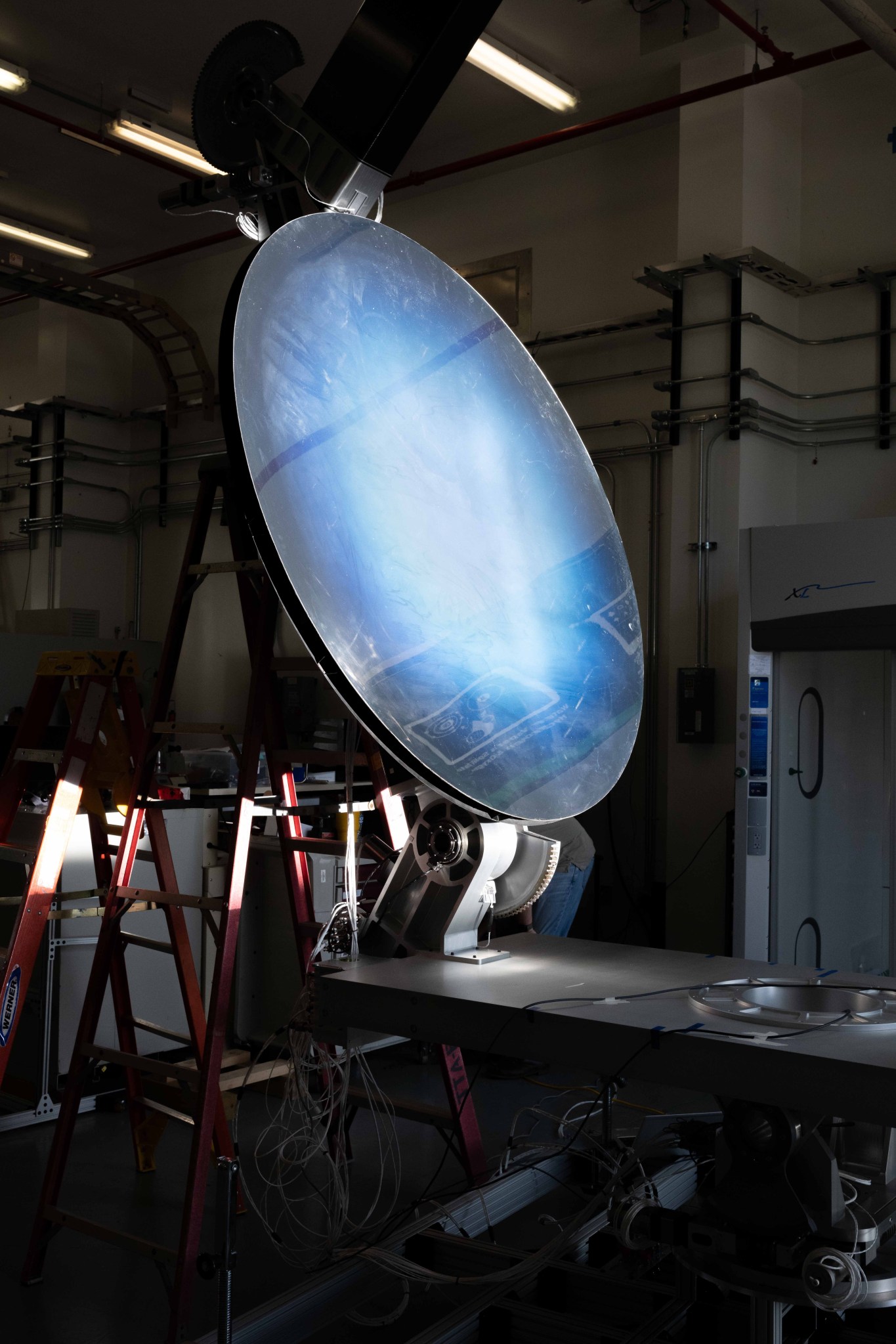Over the last few weeks, Rosetta has been flying along the terminator plane of Comet 67P/Churyumov-Gerasimenko, at distances from 180 km down to 153 km and at latitudes between 0 and 54 degrees, in order to find the best location to communicate with Philae. However, over the weekend of 10–11 July, the star trackers again struggled to lock on to stars at the closer distances thanks to confusion due to dust particles in the comet’s increasingly-active environment. Because safety of the spacecraft is the first priority, it is therefore being moved back to safer distances of 170–190 km. No contact has been made with Philae since Thursday 9 July. The data acquired at that time are being investigated by the lander team to try to better understand Philae’s situation. For example, included in the latest data set was information on the sunlight reaching the lander’s different solar panels. “The profile of how strongly the Sun is falling on which panels has changed from June to July, and this does not seem to be explained by the course of the seasons on the comet alone,” explains Philae’s project manager, Stephan Ulamec at DLR. One possible explanation being discussed at DLR’s Lander Control Center is that the position of Philae may have shifted slightly, perhaps by changing its orientation with respect to the surface in its current location. The lander is likely situated on uneven terrain, and even a slight change in its position – perhaps triggered by gas emission from the comet – could mean that its antenna position has also now changed with respect to its surroundings. This could have a knock-on effect as to the best position Rosetta needs to be in to establish a connection with the lander. Another separate issue under analysis is that one of the […]
from Rosetta - ESA's comet chaser » Rosetta - ESA's comet chaser http://ift.tt/1LmoFZa
via IFTTT
Tools and thoughts!
Subscribe to:
Post Comments (Atom)
Sunlight Extracts Oxygen From Regolith Using Solar Chemistry
A solar concentrator is tested as part of the Carbothermal Reduction Demonstration (CaRD) project, which aims to produce oxygen from si...

-
NASA has exercised the second option of its Information Technology and Multimedia Services (ITAMS) contract with DB Consulting Group, Inc., ...
-
4 min read NASA X-ray Telescopes Reveal the “Bones” of a Ghostly Cosmic Hand Credit: X-ray: NASA/CXC/Stanford Univ./R. Romani e...

No comments:
Post a Comment